This month, audiences can screen R.V on the Planet Classroom Network. This film is curated for the Planet Classroom Network by Planet Classroom.
R.V is an impressive short film from Directors Melissa Center and Will Hawkes that captures the dystopian future that will ensue as abortion becomes illegal.
The film follows a despondent woman as she ventures into the back woods to receive an illegal abortion within an R.V. Never speaking a word throughout the process, the woman is left with nothing more than fear and hopelessness as she has to resort to unsafe means to protect herself.
The Global for Education welcomes Director Melissa Center.
Melissa, as both the director and the lead role, what challenges did you face in the production process?
Production was challenging on several fronts. First, this is a deeply sensitive topic, and I felt deeply connected to it – not as someone who had an abortion myself, but as a woman who believes in bodily autonomy. I wanted to take a stand on behalf of women who were (and still are) screaming to be heard, while also ensuring I wasn’t alienating those that have differing points of view on abortion. My goal was and always is empathy.
I was fortunate to have the support of a co-director – Will Hawkes, and the expertise of our D.P. Auden Bui, so pre-production and production was very collaborative. Our entire crew showed up fully with their talents, and we shot the film in one day. We lucked out with the location – it was perfect because it felt like it could be anywhere, USA. Days prior, however, the surrounding area was on fire! Wildfires in California are no joke. Thankfully the property was safe.
We did have budgetary limitations, which ended up being a blessing. The original story was longer than the short you see, and included a backstory of the couple. Because of financial constraints, we decided to film what you now see. We realized, in the process, that this version of the short stood on its own, and that at the end of the day, the backstory was irrelevant: what a woman chooses to do with her body is nobody’s business but her own.
The biggest challenge we faced was in post-production. I got a call from Will after he had met with our incredible editor Melanie Annan to go over our footage. All of our closeups were gone! To this day we still have no idea what happened. My heart sank. First – this meant we’d have to mobilize our team and shoot another day. This cost money we didn’t have. Second – as an actor, I had already put myself through the ringer! I didn’t know if I had it in me to go through the experience again. But we rallied, and I dug deep, and what you see is actually a better performance than I think I gave the first time around. So it all works in the end.
To what degree would you say the film was dramatized, or is it likely to be a realistic future?
This is hard to say. This film was inspired by actual personal accounts of women seeking abortions either pre-Roe or in areas without proper safe access, so what you see isn’t a far-removed possibility. I do believe that women need and will seek out abortions regardless of access. Thankfully, there are more resources available such as abortion pills – however, these are also heavily restricted and can be financially inaccessible.
How important is the role of emotion both in the storytelling and on the topic of abortion?
Emotion is essential to the storytelling. I wanted people to feel my character’s experience start to finish. I wanted people to put themselves in my character’s shoes. I wanted men to watch this and ask – what if this were my sister? My daughter? My wife?
So many people are uncomfortable with abortion and uncomfortable with emotion. I say – if you are uncomfortable with abortion, don’t get one. As for emotion, it’s intrinsic to our humanity, and we as a society need to learn how to navigate our own emotional lives without projecting and deflecting on others.
As for how this all pertains to the story itself, the audience will and should feel uncomfortable watching this film. At the end of the day, this is the position women are being put into.
What do you hope audiences will take away from your film?
When we first made this film, it was a cautionary tale: this is what can happen if you take away a woman’s access to safe healthcare. We wanted to mobilize our audience to take action and to fight to maintain our rights. We wanted people on either side of the political spectrum to really understand what people go through when faced with impossible decisions.
Now, as this film has become eerily and increasingly more and more significant, it becomes more and more of a layered watch. It contextualizes what we had and now what we’ve lost. It foreshadows experiences that are likely to occur – whether in an R.V. or in someone’s own bathroom.
What do you recommend we do to support women’s reproductive rights?
VOTE for pro-choice candidates. You can visit Emily’s List to ensure your representatives are advocating for your rights.
DONATE to organizations like The National Network of Abortion Funds which provide financial assistance, travel, lodging, and many other types of support to abortion seekers.
VOLUNTEER to safely escort a patient in and out of an abortion facility
C.M. Rubin and Melissa Center
Don’t Miss R.V, now screening on the Planet Classroom Network. This film is curated for the Planet Classroom Network by Planet Classroom.

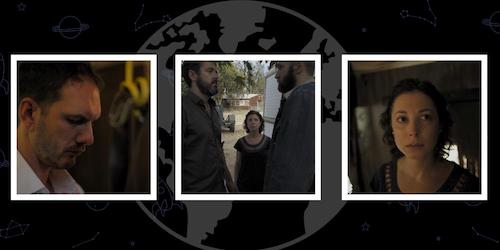
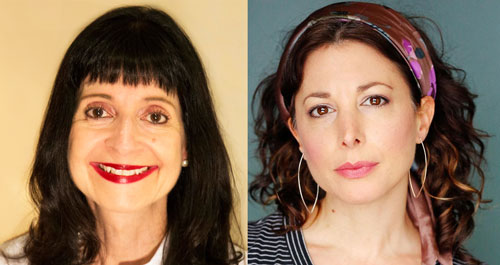
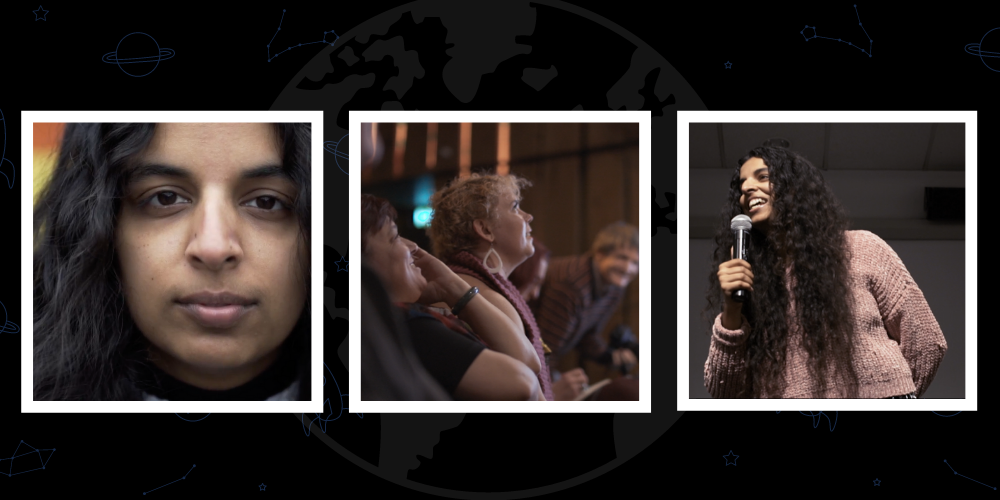

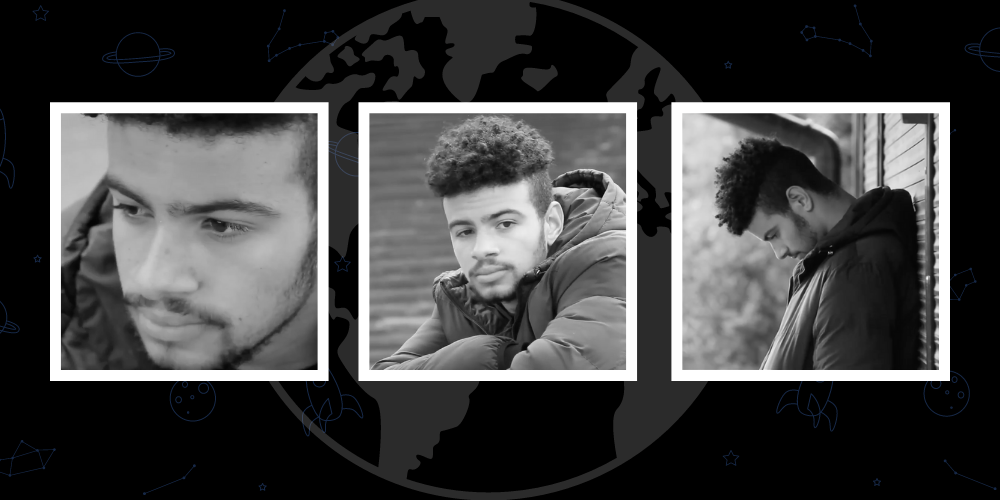
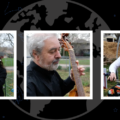
Recent Comments